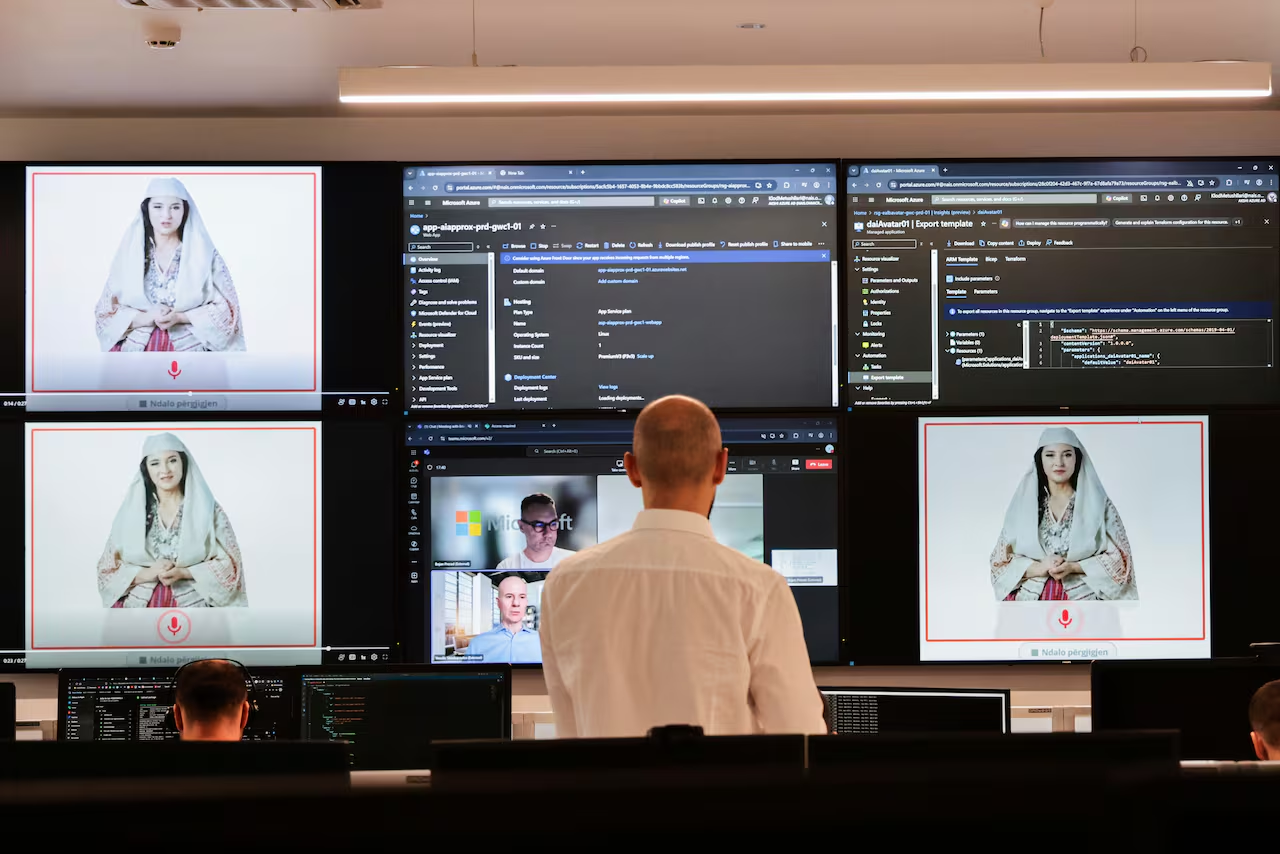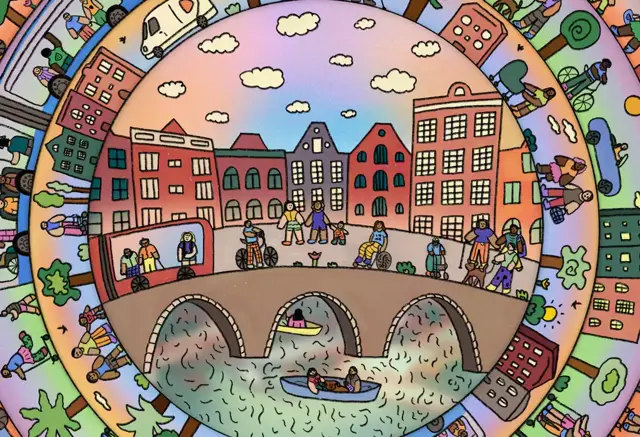< Back to news 


13 May 2025
How a Lecturer Struggles with ChatGPT
How do you teach critical thinking when students can outsource their work to AI? Hans de Zwart, philosophy of technology lecturer at the Amsterdam University of Applied Sciences, shares how tools like ChatGPT are transforming not always positively his teaching practice.
What began as curiosity about tools like ChatGPT has grown into a deeper concern: how do educators ensure students are truly learning when AI can generate convincing answers at the click of a button? In a candid interview, De Zwart reflects on how AI is reshaping student behaviour and the very foundations of teaching. One example: a student who submitted an impressive reflection on a tech event only to later admit he hadn’t attended it, but had used AI to generate the entire piece based on a transcript.
“We’ve designed an education system that rewards outputs,” De Zwart says, “but AI now lets students produce those outputs without engaging in the actual process.” With essays increasingly replaced by oral assessments, and assignments designed to bypass AI assistance, he asks whether it’s time to fundamentally rethink education itself.
Rather than banning AI or reverting to “schoolish” methods like handwritten tests, De Zwart sees a different path: more complex, open-ended assignments that embrace the real-world messiness of problem solving and invite students to fail safely, reflect, and try again.
Read the full story (in Dutch) to learn more about Hans de Zwart’s experiences and why he believes AI may ultimately help us rediscover the core purpose of education.
Vergelijkbaar >
Similar news items

September 23
Albania’s AI minister Diella: innovation, symbolism, and the risks in between
Albania unveiled “Diella,” a virtual AI minister tasked with overseeing public procurement to curb corruption. The move is ambitious and eye-catching, but raises fundamental questions about legal footing, transparency, human oversight, and operational detail.
read more >

September 22
CWI supports UN with AI to filter sensitive data from crisis platform
Researchers at CWI developed an AI method with the United Nations to filter sensitive information from the Humanitarian Data Exchange platform, improving protection of humanitarian data against misuse.
read more >

September 18
€3.8 million for AI research on accessibility in Dutch cities
The University of Amsterdam has received €3.8 million for the BEAT research project, which uses AI and data to develop new solutions for more accessible cities.
read more >